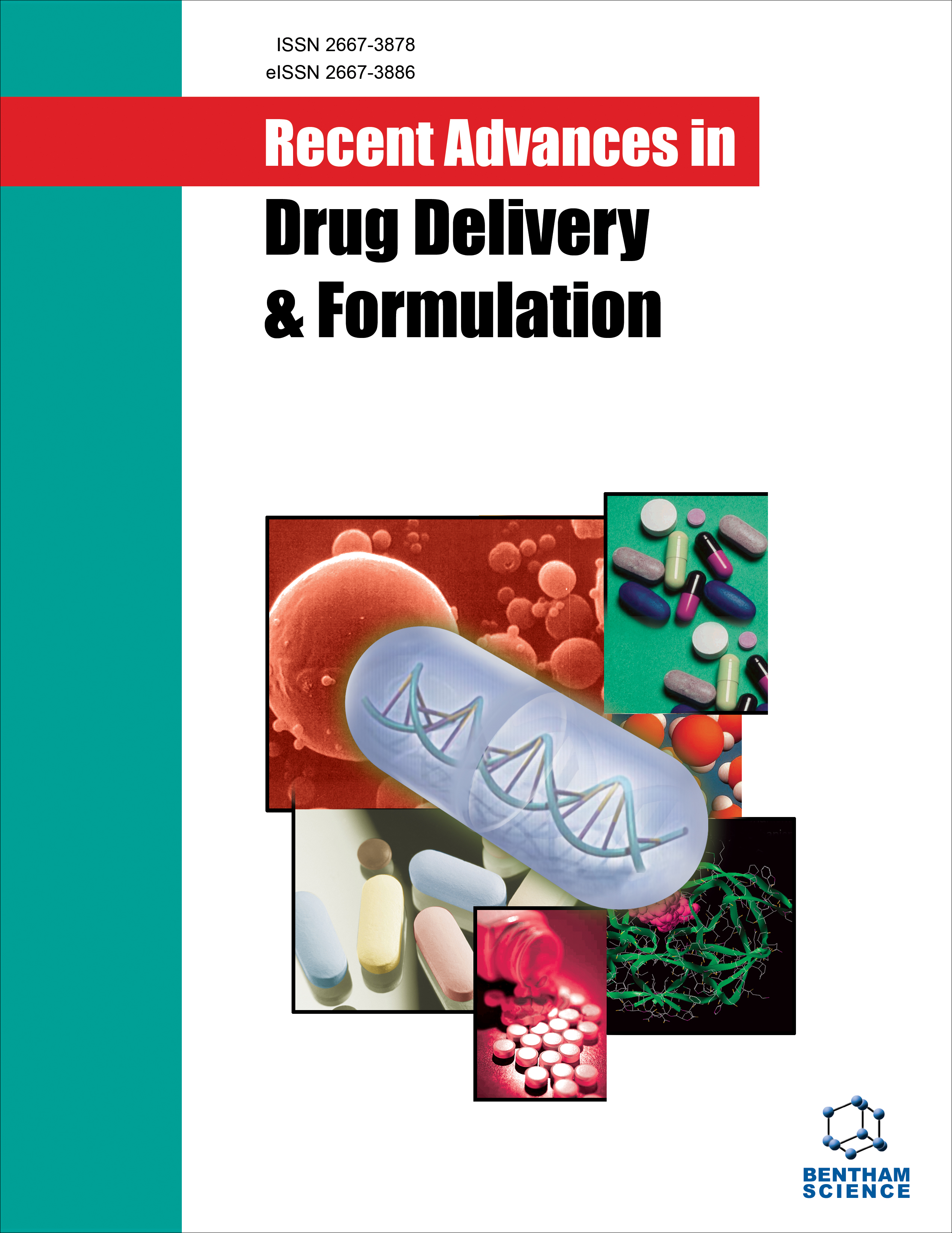
Full text loading...

Dysphagia is a challenging medical condition that significantly affects individuals' swallowing function, quality of life, and overall well-being, especially in geriatric and pediatric populations. Sprinkle formulations are emerging as a broadly accepted solution to this challenge. However, such formulations are quite challenging to formulate as modified-release delivery systems. The present study aims to resolve this issue by formulating modified-release minitabs of the model drug etoricoxib as a sprinkle formulation.
A fabricated metal mold and punch system was used to manually manufacture minitabs with a diameter of 3.2 mm and a weight of approximately 22 mg. The formulation derived from trial batches was further optimized using a 3 × 2 complete factorial design, as implemented in Stat-Ease Design Expert 7.0 software (trial version). Independent factors HPMC K4M (X1) and K100M (X2) were optimized against dependent factors: Hardness (R1), Friability (R2), and Drug release at 2 hrs (R3), 4 hrs (R4), and 8 hrs (R5).
The derived, optimized formulation, based on a desirability function, sustained drug release for up to 8 hours and met all the acceptance criteria. The final dosage form was designed as a hard gelatin capsule filled with approximately 22 minitabs, in the form of a sprinkle formulation, to be sprinkled over soft foods for administration.
The study demonstrated that factorial design can be effectively employed to develop sprinkle minitabs with modified drug release. Using different grades of HPMC helped in controlling the drug release over time. This approach offers a promising strategy for developing patient-friendly formulations, particularly for individuals with swallowing difficulties.
As the formulation was designed using a model drug, further investigations with other drugs can also be done with relevant changes in the optimized formulation. In summary, it can also be utilized as a platform for developing modified-release sprinkle formulations of other drugs.